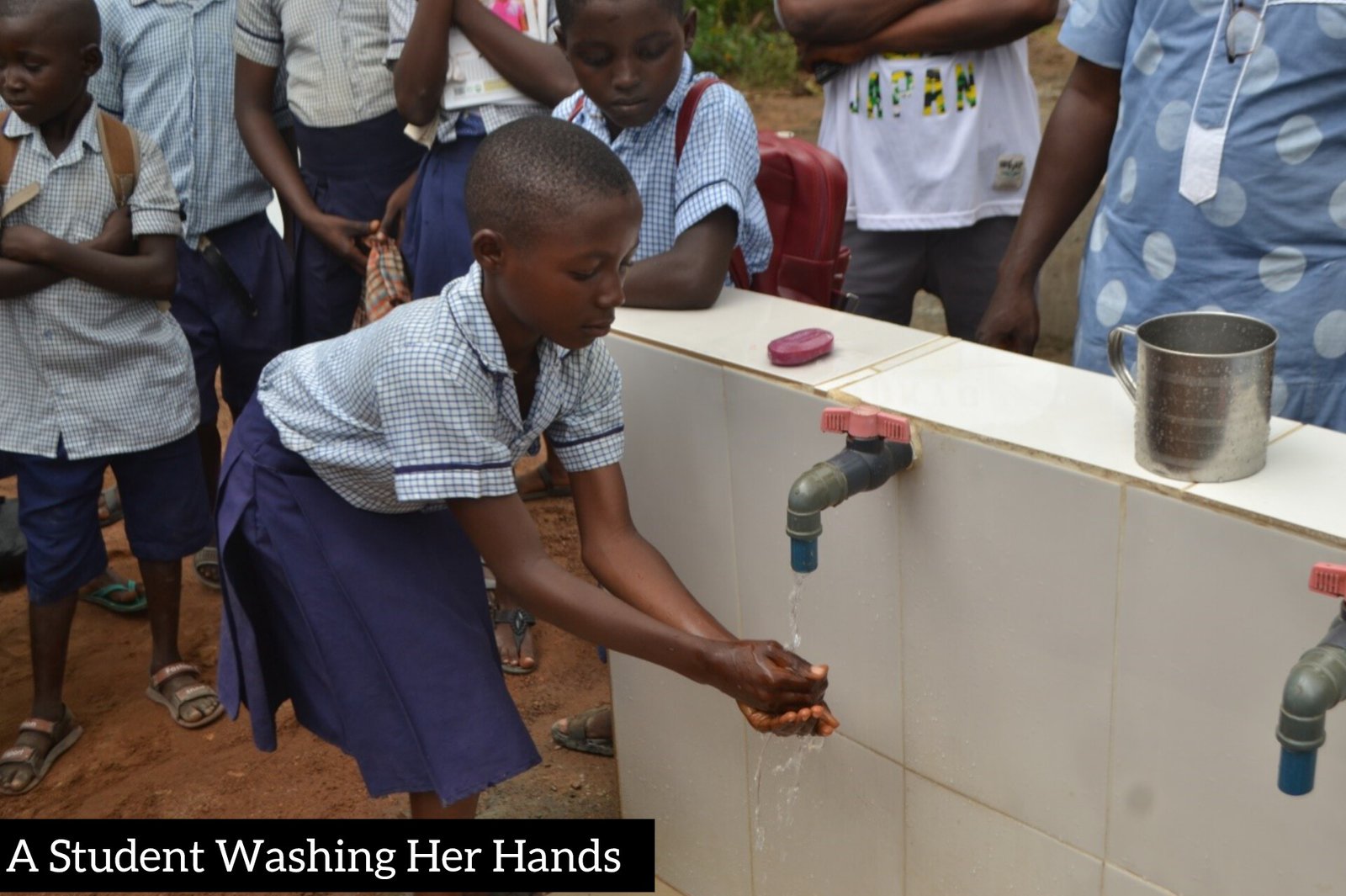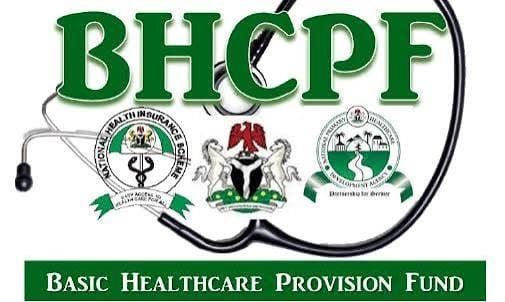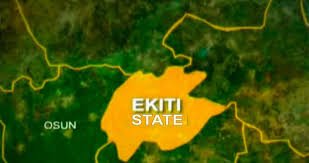
ABUJA, Nigeria – In a small public school along Abuja’s Airport Road, the sound of splashing water is a quiet act of defiance. Amid Nigeria’s worsening sanitation crisis, Government Primary School, Karonmagiji, has built a fragile but inspiring model of survival — powered by sunlight, sustained by community effort, and driven by one simple belief: every child deserves clean water and soap.
In this report, Chukwu Obinna examines how a modest school in the Federal Capital Territory (FCT) is quietly rewriting Nigeria’s hygiene story, even as the nation struggles with poor water access and unsafe sanitation.
A Ray of Hope in Karonmagiji
At the heart of Karonmagiji community, a few kilometres off the busy Airport Road, stands a modest public school that has achieved what many others still dream of — a functioning water system.
Government LEA Primary School, Karonmagiji, is powered by solar energy. Its borehole pumps water daily into a storage tank that feeds a handwashing station beside the pupils’ restroom. Though far from perfect, this simple system has become a lifeline for hundreds of children who would otherwise have no access to clean water.
The wash station is basic — a row of connected taps fixed onto a metal frame draining into the soil below. It doesn’t fully meet WHO or USAID WASH standards, which recommend multiple access points across the premises. Still, in a country where many schools have no running water at all, Karonmagiji’s small success stands as a quiet triumph.
Beyond the Flow: The Struggle to Stay Clean
“We’re grateful that our solar borehole still runs,” says Mrs. Binta Ibrahim, a 35-year-old teacher at the school. “It’s not perfect, but it gives us water when others don’t have any. However, we have only one washing point, and during break time, you’ll see children lining up just to wash their hands.”
Out of six taps on the frame, only four currently work. The rest are clogged or broken. The solar panels are aging, and no government maintenance team has visited in over a year.
“If it stops working, we’ll go back to Mai Ruwa (water vendors) from the community,” Mrs. Ibrahim adds.
The school’s 900 pupils depend on this single water point for drinking, handwashing, and sometimes even cleaning the restrooms. During break time, long queues of children gather to wash before eating. Soap, however, remains inconsistent — donations from NGOs help, but supplies quickly run out. When that happens, students rinse with plain water — a symbolic act that falls short of true hygiene.
A Nation’s Hidden Hygiene Crisis
Across Nigeria, millions of children learn in far worse conditions than Karonmagiji’s pupils. Despite years of WASH (Water, Sanitation, and Hygiene) campaigns, access to clean water and soap in schools remains dangerously low.
A 2025 study published in BMC Pediatrics, analyzing Nigeria’s 2021 Multiple Indicator Cluster Survey, found that 70% of children under 18 lack adequate hygiene facilities. UNICEF’s 2025 data confirms that only 8% of Nigerians practice safe handwashing with soap at critical times.
While the global average for schools with basic drinking water services was 77% in 2023, Nigeria trails far behind.
The consequences are dire. Between January and March 2025, the country recorded 1,214 cholera cases and 28 deaths, most of them children. Schools with poor water systems are frequent outbreak zones.
“Hand hygiene is not decorative; it’s the first line of defence against cholera, typhoid, and diarrhoea,” warns Dr. Hauwa Abdullahi, a public health specialist with the FCT Primary Health Care Department. “Every child who can’t wash their hands with soap is one step closer to infection.”
The Paradox of Progress
Karonmagiji’s solar-powered system represents both resilience and neglect — a patchwork of community effort, donor support, and improvisation.
The borehole was built through a local NGO–community partnership. But without technical guidance from government agencies, the handwashing station was installed without proper drainage or multiple access points. The result: a functioning system that falls short of standards.
Yet, for the children of Karonmagiji, it is nothing short of a miracle.
Children of Resilience
Nine-year-old Halima, in Primary Five, beams as she rubs her small hands together under the tap’s weak but steady flow.
“Our teacher says washing keeps us from getting sick,” she says proudly. “Sometimes, the water is small, but we still wash.”
Her classmate, Tunde, six years old, adds: “When many people want to wash, we wait. It’s near the toilet, so everyone goes there.”
Their words tell a story of progress born from scarcity — proof that even minimal infrastructure, when sustained, can change lives.
Fixing the System: What Must Change
Experts agree that local innovation must be matched by policy-backed commitment to make real progress in school hygiene.
“Solar boreholes are good, but they must be part of a structured, funded WASH framework,” says Dr. Abdullahi. “Without maintenance budgets and soap supply chains, they will collapse in two years.”
To sustain progress, experts recommend three urgent actions:
Expand access points: Install multiple handwashing stations across school premises, as per WHO and USAID WASH standards.
Fund maintenance: Allocate dedicated government funds for solar panel and water system servicing.
Guarantee soap supply: Treat soap as essential learning material, provided regularly through hygiene grants.
Equally critical is the need to integrate hygiene education into Nigeria’s basic school curriculum. Teaching children the importance and science of handwashing from an early age will embed healthy habits for life.
Hope Under the Sun
As the afternoon sun reflects off the solar panels, children queue at the single washing station — chatting, laughing, and washing their hands. Their joy hides the fragility of the system that sustains them.
Mrs. Ibrahim’s appeal captures the urgency: “We are not asking for luxury. We just need the system to be improved — more taps, more soap, and support to maintain what’s already working.”
Her voice echoes the cry of thousands of schools across Nigeria. Clean water is not a privilege; it is a prerequisite for learning and survival.
If Nigeria is to prevent the next cholera outbreak or diarrhoeal epidemic, the solution begins here — with soap, water, and a working tap.
This is the moment for governments, NGOs, and private actors to act:
Fund and maintain school WASH systems.
Guarantee soap availability through national hygiene grants.
Hold institutions accountable for every failed water point.
Because as Karonmagiji’s story shows, clean hands are more than hygiene — they are survival.




